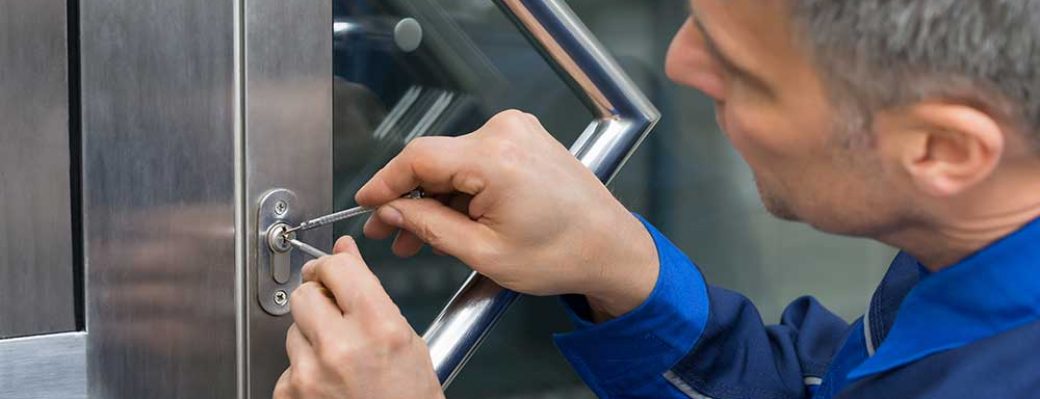Sharabi shayari is a very famous type of Baarat from the Sharabi region of Pakistan. This type of Bairat has been used for centuries as a burial rite. The Baarat has a unique sound in its rhythms are very unique. It is believed that this type of Bairat is directly linked to the heavens and the god of the soil, Sham. Sharabi is very closely related to Punjabi sharabdha, and they are similar in their beliefs, rituals and practices.

Sharabi is believed to have many powers. These powers are believed to be able to bring the person to paradise and can also bring calamity to the people who are not following the correct path. This is one reason why people follow the sharabi shayari, so that they can perform their duties well. These people are not allowed to do wrong and they should not be involved in the activities of the devil. They should perform all actions in the right way.
Sharabi means “one who gives, and not who receives”. This means that he should not only give his blessings, but also help other in the same way. When we perform the mein wo dua in a Sharabi shayari, we believe that we will receive blessings not only for our good deeds, but also for the bad ones. This is because we believe that all things are God’s creation and everything is destined to have a special place in the eyes of God. Therefore, we believe that we have a right to be in the presence of God, and that God will be just as generous as we are in giving.
When you perform the mein wo dua in a Sharabi shayari, you will be performed four rituals. The first ritual is the Baisakhi. This is the payment of respect to the deceased. The deceased will be considered to be a part of our society and will be considered a great person. After the Baisakhi, the next ritual is the Khalsa. This is an Indian holy ceremony in which the deceased is believed to become the inheritor of the entire corpus of the Sharabi clan.
Then, the third ritual is the jalis. These are the prayers or invocations. You can find a number of different jalis in the Sharabi shayari. In fact, jalis are considered to be more important than the Mein Wo Dua. The last part of the jali is the Haagas. This is the customary offering made to the deceased by the elders of the family or community.
The main ritual in Sharabi shayari is the preparation of the body. This includes the Mehrangarh, which is the prayer for the funeral. There is also a gathering of the family and friends to offer their condolences. This gathering is known as the ghamsara and is followed by the funeral procession in which the body is carried through the desert with the body wrapped in a cloth.
Then, the funeral ritual begins where the sharabi maqbal is performed. This is the last goodbye of the deceased, called the eulogy. At the end of the eulogy, the baaki hai tere naam is performed, paying respect to the departed.
After the funeral is complete, the surviving family members will perform the kenaam. This is a prayer to the God of the dead, performed by all. When this is complete, the celebration of the occasion marks the end of the olden day Sharabi culture and a new beginning in Pakistan with the birth of the Gayi culture. Although there are some regions of Pakistan that celebrate Gayism with great gusto and vigor, the majority of people still consider Sharabi Baathi to be a religion and not a celebration. Although there have been many advancements in the field of gay rights within Pakistan, such as the right to marry and the promotion of gay education, the Baati is still not completely recognized in the eyes of the law.

